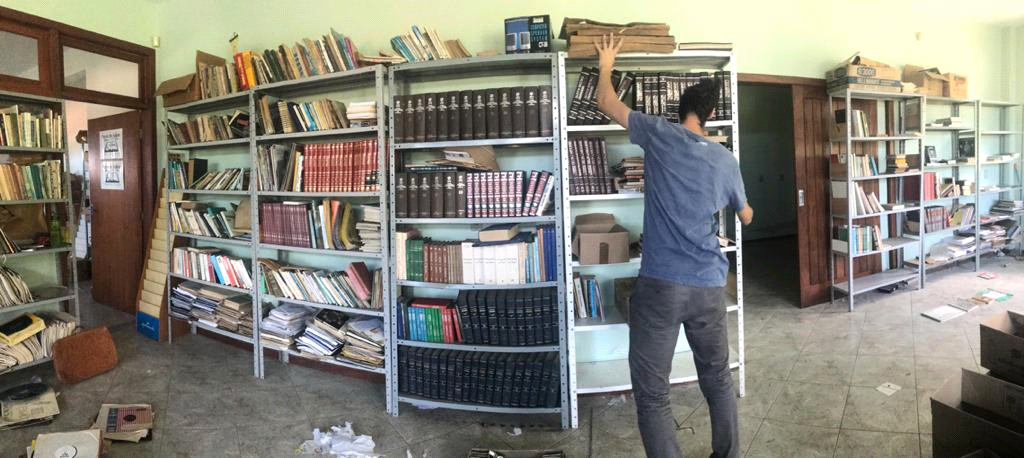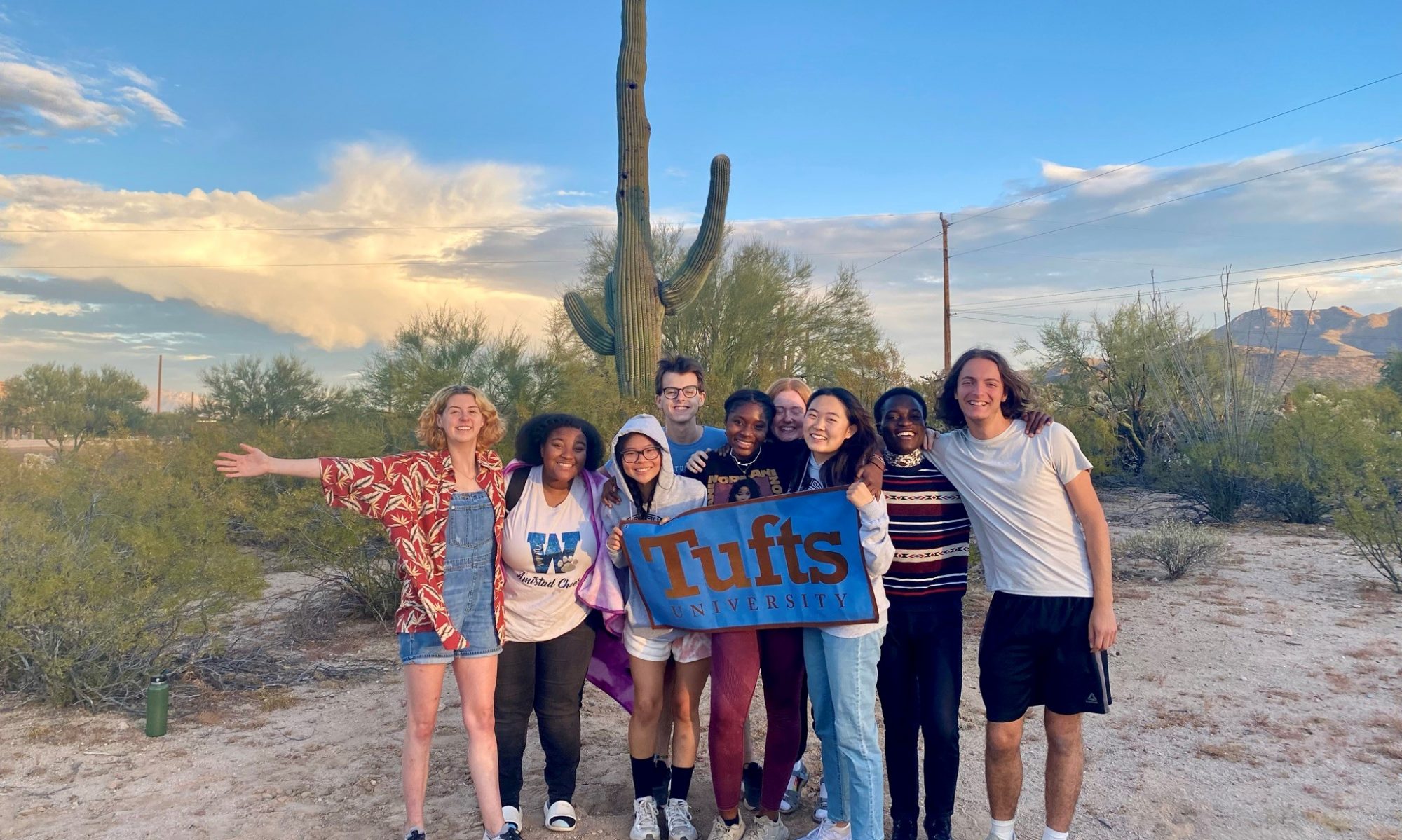by Roger, Tufts 1+4 Participant

As each Fellow moves through their journey, they’re confronted by a slew of day-to-day encounters and oddities, each tucked away as a memory-a portion of the physical voyage we’re on our ways through. A gorgeous bunch of natural flowers with unfamiliar scents, particularly haggle-y street vendor in an open-air bazaar, or a spontaneous and joyful dance on the streets at Carnaval have all added to each of our unique experiences and given us new recollections on which to draw to re-access our emotions during this year. (I have found that writing these experiences down has been particularly helpful in doing this, as merely reading the words can teleport me backwards into the middle of any of the rich days I’ve lived.)
All of these memories are being created within this space abroad, outside of the home and the comfort zone. Thus, it seems almost strange (and even selfish) to desire a further level of self-transportation. I mean this in the form of stories, of books. Having read more than the other Fellows this year by a significant margin, I’ve been asked time an time again why I would choose to spend my valuable time in a foreign environment seeking to enter another one though printed pages, by both peers here and back home. It certainly is a valid point: You can always read, but you can’t always be on the beach in Brazil. Though I had come in to this year with the goal of reading as much as possible (to recoup for time lost during high school), I began to internalize this, and my practices changed. As the number of inquiries of my habit rose, I began to read less and less. And though I knew this was ‘the best use of my time,’ I was keenly aware that I was doing this more to please others than myself, and my days, though fuller of uniquely-foreign experiences, were notably dryer and less memorable.
It was not until I heard the words of wisdom from (who else?) a Brazilian librarian that I was able to find closure in this internal conflict. As I laid out the “why read at home when you could be on a Brazilian beach” conundrum, she simply laughed and said, “Why not read on a Brazilian beach? It’s for certain you can’t do that in the States…” and it clicked.
This is no new realization-thinkers before me have come up with it, and many after will, as well-but I am glad I’ve come to it in my own, on my own time. That’s what this year is for, hmm? Having heard her words and reflected on the duality of my outdoorsy Brazilian year and my private one passed between the pages of what has now added up to twenty-four books, I’ve realized that that the environment in which a book is read can and does so, so deeply affect my as a reader’s experience, and that some of the most profound memories I hold were built directly upon this confluence. I recall with soulful fondness my enjoyment of Californian Cannery Row while swinging in a hammock on a cloudless, dusty Brazilian day, of my laughter at Waiting for Godot as I sat in a bus terminal, knowing that my bus would never come, of my tearful joy at the love found in the last pages of The Teahouse Fire as I realized a love of my own. Yes, of course I will reflect with gratitude on the experiences and relationships formed independent of the themes of whatever I happened to be reading at the time. They far outnumber those for which I found true, meaningful overlap. But those that did-these are the ones by which are made not only memories, but blossoms of growth of the soul.
(That last bit was going to be the end of this. But after a tumultuous flight from our host countries followed by an utterly positive moment that made all of my reading in Brazil worth it, I felt it could be prudent to share this last thought.)
Back at home, a month before expected, and my heart and eyes are still in Brazil. I feel a deep sense of longing to simply be there, for my body and my ego to be in the same place. I will walk outside in a tee shirt, forgetting the new necessity to survive rather than thrive in the outdoors, and stubbornly stand, freezing, for a few minutes, wishing the tropics to return. I say “Please” and “Thank You” and “Excuse Me” in Portuguese when talking on the phone, and have to give an, “oops! My bad…” And of course Brazilian hugs (or any hugs, for that matter) are deeply and presently missing.
But I can still get back. Open Captains of the Sands, and the beach is there, washing over me. There is a portal inside some of my books now; they cannot be read without a journey backwards, towards the hurt-so-good past. And for that, I would do it again in an instant.
